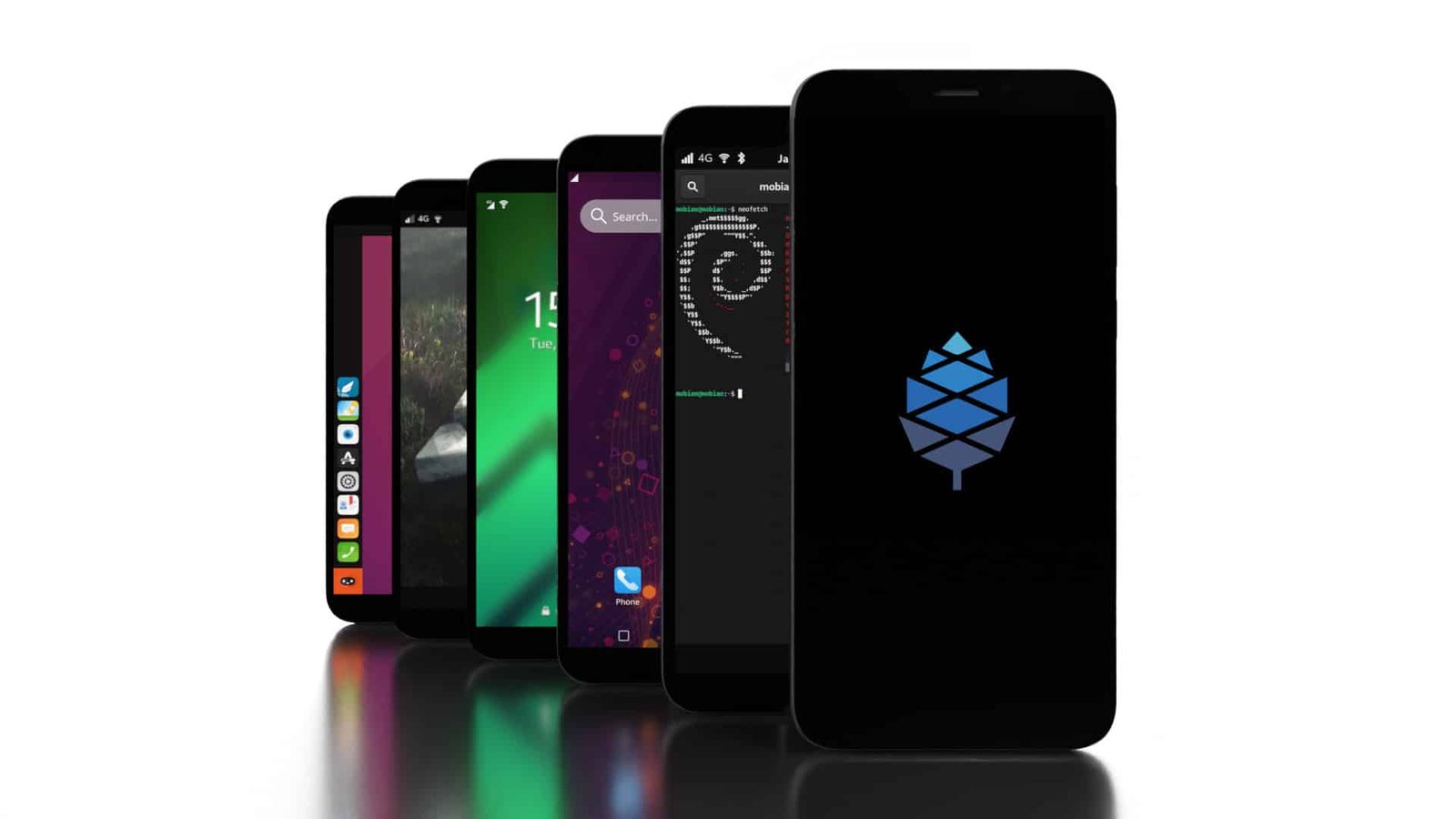
Benefits of Linux Over Traditional Android
The Benefits of choosing and using Linux Over Traditional Android
Linux-based operating systems for mobile phones offer several compelling advantages over traditional Android, starting with enhanced privacy and security features. Unlike Android, which is heavily integrated with Google services, Linux-based systems provide users with greater control over their data. This control is achieved through transparent, open-source code that can be audited by anyone, ensuring that no hidden backdoors or unwanted data collection mechanisms are present. Furthermore, Linux systems are less prone to malware and other security threats due to their robust permission structures and a smaller attack surface.
Another significant benefit of Linux-based mobile operating systems is the level of customization they offer. Users can tailor their devices to meet their specific needs, from altering the user interface to installing a wide range of third-party applications and utilities that are often unavailable on Android. This flexibility extends to the core functionalities of the operating system, allowing tech-savvy users to modify system components and optimize performance.
Linux is also noted for its efficiency, particularly on older hardware. Many Linux distributions are designed to be lightweight, requiring fewer resources than their Android counterparts. This efficiency can breathe new life into older devices, making them more responsive and extending their usable lifespan. Consequently, users can delay upgrading to new hardware, which not only saves money but also contributes to reducing electronic waste.
Moreover, Linux aligns seamlessly with the principles of open-source software and user freedom. The open-source nature of Linux means that users are not locked into a single ecosystem or dependent on a particular company’s business decisions. This independence fosters innovation and community-driven improvements, as anyone can contribute to the development and refinement of Linux distributions. By promoting transparency and collaboration, Linux-based operating systems empower users to take full control of their mobile experience.
In summary, the adoption of Linux-based operating systems on mobile phones offers numerous benefits, including enhanced privacy and security, greater customization, improved performance on older hardware, and alignment with open-source principles. These advantages make Linux an increasingly attractive alternative to traditional Android, signaling a new era of user-centric mobile computing.



Challenges and Limitations
While the advent of Linux-based mobile operating systems marks a significant milestone in mobile technology, it is not without its challenges. One of the primary obstacles is limited app compatibility. Unlike Android, which has a vast ecosystem of applications, Linux-based mobile OS options often struggle to offer the same breadth of app availability. This can be a significant deterrent for users who rely on specific apps for daily tasks, thereby limiting the adoption of Linux mobile operating systems.
Another challenge is the relatively smaller user base. A limited number of users can deter developers from investing time and resources into creating and maintaining apps for these platforms. This creates a cyclical problem where fewer apps lead to fewer users, which in turn leads to even fewer apps being developed. To break this cycle, substantial community and developer efforts are required to build a robust ecosystem.
Hardware compatibility issues also present a formidable hurdle. Linux-based mobile operating systems need to support a wide variety of hardware configurations, which is not always straightforward. Unlike Android, which benefits from extensive hardware manufacturer support, Linux-based systems often rely on community-driven efforts to ensure compatibility. This can result in a less seamless user experience and potential performance issues.
The learning curve for new users is another significant limitation. Users accustomed to traditional Android interfaces may find it challenging to navigate and operate a Linux-based mobile OS. The different paradigms and functionalities can be daunting, thereby limiting its appeal to tech-savvy individuals and enthusiasts rather than the general population.
Despite these challenges, the Linux community is actively working to address these issues. Numerous initiatives are underway to enhance app compatibility, improve hardware support, and simplify the user interface. Collaborative projects and open-source contributions play a crucial role in overcoming these limitations, driving the evolution of Linux-based mobile operating systems towards becoming a viable alternative to traditional Android.
Case Studies: Real-World Applications and User Experiences
As the adoption of Linux-based operating systems on mobile devices continues to expand, numerous individuals and organizations have reported positive experiences and notable benefits. For instance, tech enthusiasts like John Doe, who transitioned from traditional Android to a Linux-based OS, noted significant improvements in device performance and customization options. John remarked: “Using a Linux-based OS has given me unparalleled control over my device, enabling me to tailor its functionality to my precise needs.”
Another compelling case is the experience of Open Source Initiatives (OSI), a non-profit organization that advocates for the open-source movement. OSI migrated its team to Linux-based mobile operating systems to enhance security and privacy. According to their IT manager, the organization has seen a marked decrease in data breaches and unauthorized access attempts. This shift not only bolstered security but also fostered a culture of transparency and collaboration among team members.
On a larger scale, the educational sector has also seen promising results. A notable example is the deployment of Linux-based systems in schools across Finland. Educators report that these systems are not only cost-effective but also provide students with robust tools for learning and development. Teachers have praised the seamless integration with other open-source software, which has enriched the educational experience and fostered a deeper understanding of technology among students.
Moreover, user satisfaction surveys highlight the practical benefits of Linux-based mobile operating systems. A survey conducted by TechAnalytica found that over 70% of users who switched from Android to a Linux-based OS reported higher satisfaction levels, particularly regarding system stability and battery life. Users appreciated the absence of bloatware and the ability to receive timely updates directly from developers, ensuring their devices were always equipped with the latest features and security patches.
These case studies underscore the growing appeal of Linux-based operating systems on mobile phones. By offering enhanced customization, improved security, and superior performance, these systems are carving out a distinct niche in the mobile OS landscape, attracting a diverse range of users from tech enthusiasts to educational institutions.